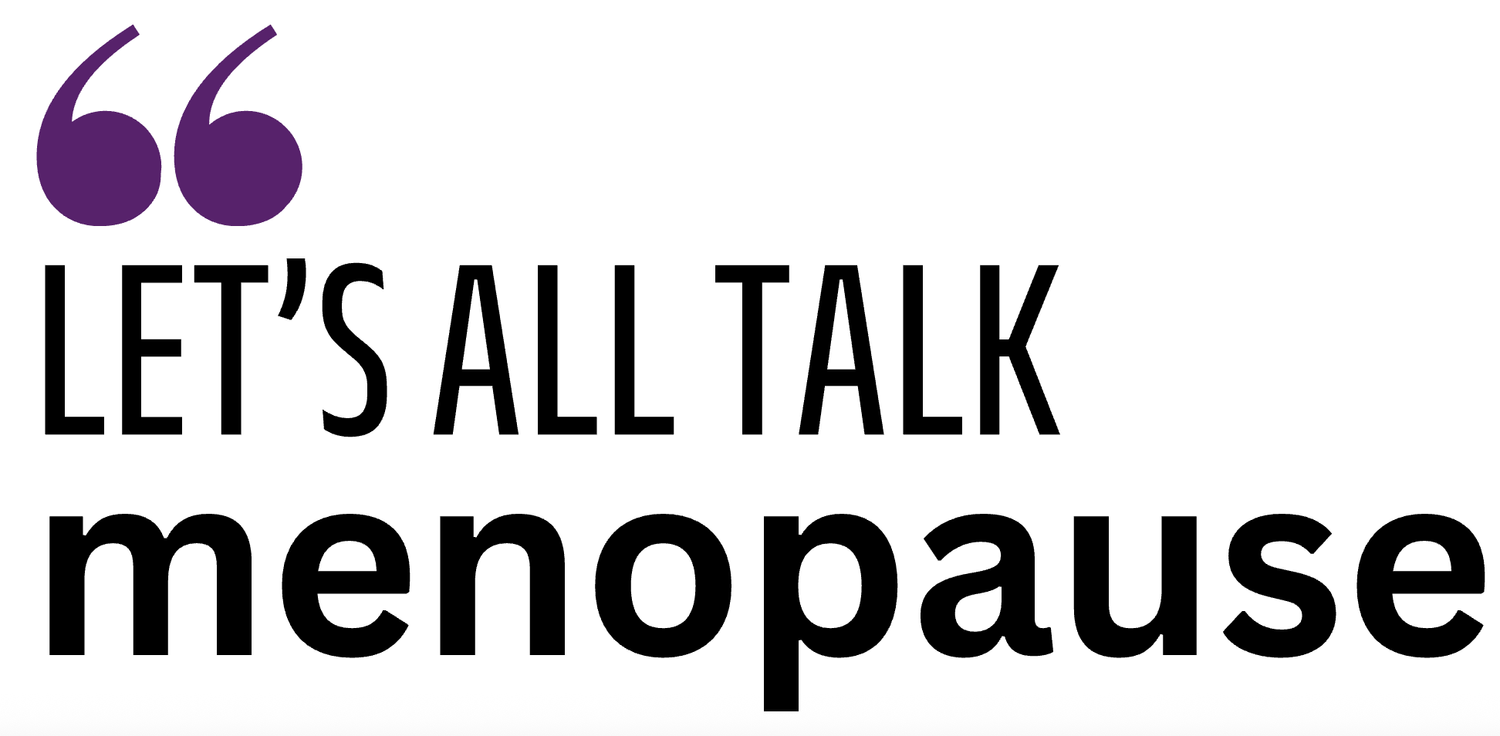Thriving in Menopause with Dr Lucy Steed
Menopause can be a challenging time, but understanding it better can make a big difference.
Lifestyle Medicine and Menopause
Dr. Lucy Steed highlights the role of lifestyle medicine in managing menopause. She states, "I hold a diploma in lifestyle medicine, which... focuses on kind of preventing disease and promoting health." This approach is crucial for maintaining well-being during menopause.
Tackling Common Symptoms
Libido Changes
Loss of libido is common due to hormonal changes and life stressors. Dr. Steed explains, "As you approach menopause, there's lots of different factors that can affect libido and desire." While testosterone therapy helps some, it's not for everyone. It's important to look at the bigger picture, including lifestyle factors.
Vitamins and Supplements
Vitamin D is often recommended since it's hard to get enough from food alone. Dr. Steed mentions, "The only vitamins that I generally recommend people taking are vitamin D, really." Other vitamins like magnesium and B12 are best obtained from a balanced diet. Focus on eating well rather than relying on supplements.
Hormone Replacement Therapy (HRT)
HRT can ease symptoms like hot flushes and heart palpitations. Dr. Steed notes, "Currently, the guidelines don't stipulate that you need to be coming off of it after a certain amount of time." It's generally safe for long-term use, but decisions should be personalized based on individual health needs.
Alternatives to HRT
If HRT isn't an option, lifestyle changes like a healthy diet, exercise, and stress management are key. Non-hormonal meds and herbal remedies can help with specific symptoms, and CBT is also beneficial. Dr. Steed advises, "Making sure that you're eating well... and moving... is important."
Education and Support
Better menopause education in primary care is essential. Dr. Steed emphasises, "It shouldn't be that way. People shouldn't be having to pay to see somebody privately as their only option to get good menopause care." Many women don't recognise menopause symptoms, so providing information through healthcare providers can help. Group sessions offer valuable peer support.
Wrap-Up
Menopause is unique for everyone. Understanding symptoms, exploring treatments, and making informed lifestyle choices can improve life during this transition.
